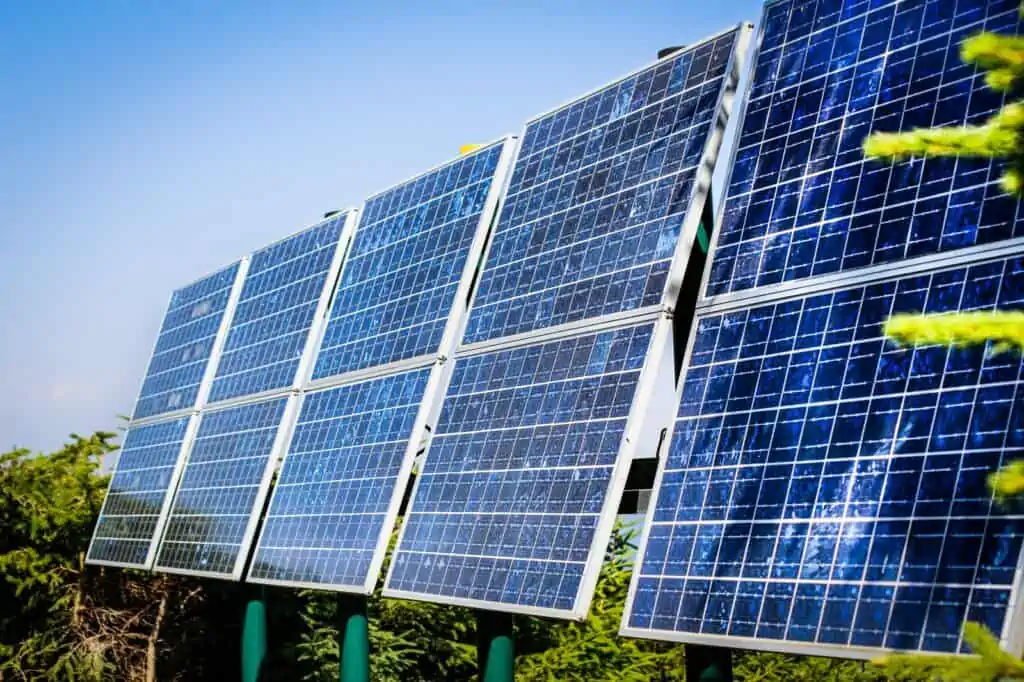Is solar better than coal? I am sure this question has generated much discussion over the years. Even more so as sustainable, renewable and clean energy becomes more necessary.
There are many factors to consider when making the decision to go solar or not. Considering the many benefits of solar energy, it begs the question: is solar better than coal?
Contents
Why Is Solar Better Than Coal?
Solar energy is better for the environment in a few key ways. Solar panels produce no emissions, and solar power is reliable and intermittent, meaning it can be used during cloudy or dark periods. Coal-fired power plants produce smog, acid rain, and other environmental hazards.
Is Solar Better Than Coal?
A solar panel is typically about three times as efficient as a coal-fired power plant. Coal-fired plants typically produce around 1,000 watt-hours per kilowatt-hour (Wh/kWh), while solar panels produce around 3,000 Wh/kWh.
Why Is Solar Energy Better Than Energy From Coal?
Coal is not renewable, meaning it will eventually run out. Solar energy is renewable and will continue to produce energy for centuries. Coal also requires large amounts of water to produce, while solar energy doesn’t require water.
Coal is a dirty and dangerous energy source that is slowly being replaced by solar. Coal is a resource that is finite and polluting, while solar is reliable, renewable and abundant.
What Are The Benefits Of Solar Energy Over Coal?
1. Solar is reliable – solar energy is always available, unlike coal which is dependent on the availability of resources.
2. Solar is renewable – solar panels can be replaced multiple times, unlike coal which can take millions of years to decompose.
3. Solar is abundant – with more than enough sunlight hitting the earth every day, solar energy is abundant and affordable.
4. Solar is less polluting – coal produces harmful greenhouse gases that contribute to climate change, while solar produces zero emissions.
5. Solar is cheaper – solar energy is cheaper than coal in the long run. Coal requires extensive resources to extract and is often subsidized, while solar is largely self-sufficient.
Is Solar Energy Cost-Effective?
While solar energy is becoming more popular, it is not without its challenges. The main cost of solar energy comes from the installation process and maintenance, which can be expensive.
The environmental impact of solar energy is also a major consideration. Coal-fired power plants produce far more carbon dioxide than solar plants, and they also release other pollutants such as nitrogen oxide. Solar energy may be better for the environment in the long run, but it’s not always cost-effective to switch to it right away.
Solar Environmental Impact
Solar panels have been around for decades, but the recent increase in solar energy has been spurred by decreasing costs and increasing efficiency. Solar panels are made up of a panel of glass or plastic that collects sunlight and turns it into electricity. The environmental impact of solar energy is divided into two categories: direct and indirect.
Direct environmental impacts include the creation of waste and pollution from manufacturing components like cells and glass, as well as land usage required for installing solar panels. Indirect impacts include climate change emissions from burning coal to generate electricity, which can contribute to global warming.
While there are some environmental concerns with solar energy, overall its environmental impact is significantly lower than that of traditional forms of energy like coal.
Coal Environmental Impact
The environmental impact of coal is a major concern. Coal mining can release large amounts of air pollution, including sulfur dioxide, nitrogen oxide, and particulate matter. These pollutants can cause respiratory problems and contribute to heart disease and other health issues.
Additionally, coal mining can damage land and water resources, create noise and visual pollution, and contribute to climate problems. In comparison, solar energy has a minimal environmental impact. Solar panels require very little land or water to produce electricity, making solar power one of the most environmentally friendly sources of energy available.
Conclusion
Is solar better than coal? Yes, that is our conclusion. The many benefits of solar energy make it a clear choice when it comes to choosing a source of energy. If you’re looking to go solar, be sure to consider the many benefits of solar energy.
The benefits of solar energy are clear – it is better than coal for the environment, your wallet, and the world. Keep in mind that solar isn’t perfect – it doesn’t work in all climates and there are still some questions about its long-term viability – but solar is on the rise and is quickly becoming the dominant energy source.


